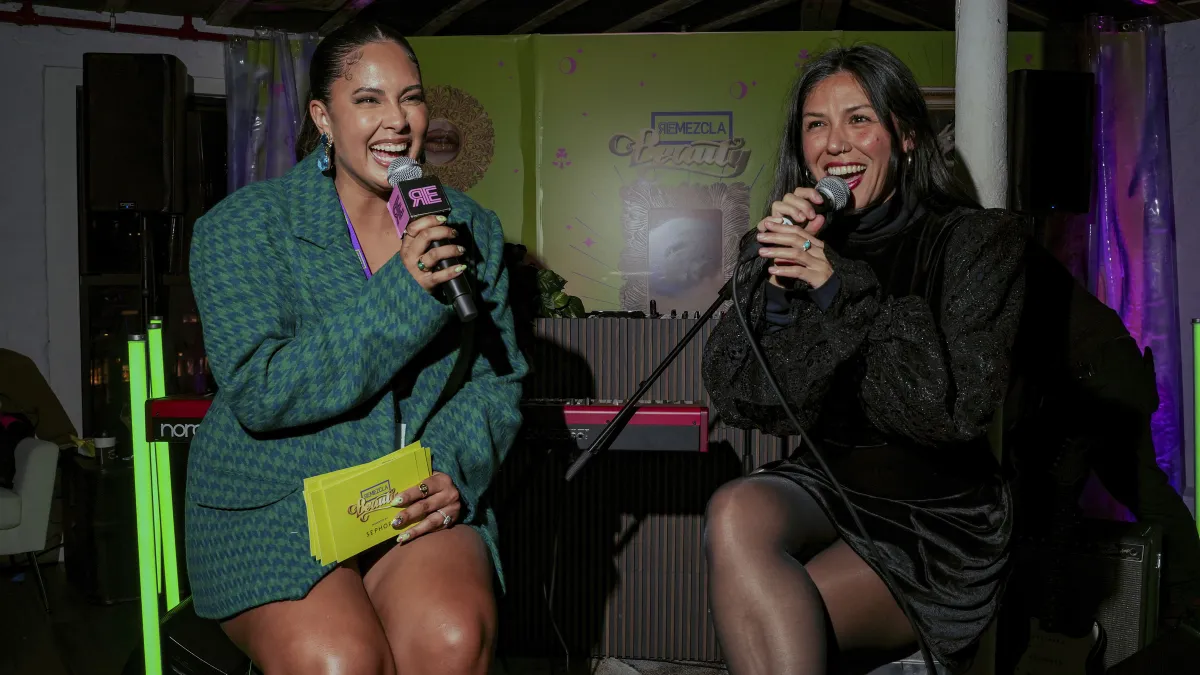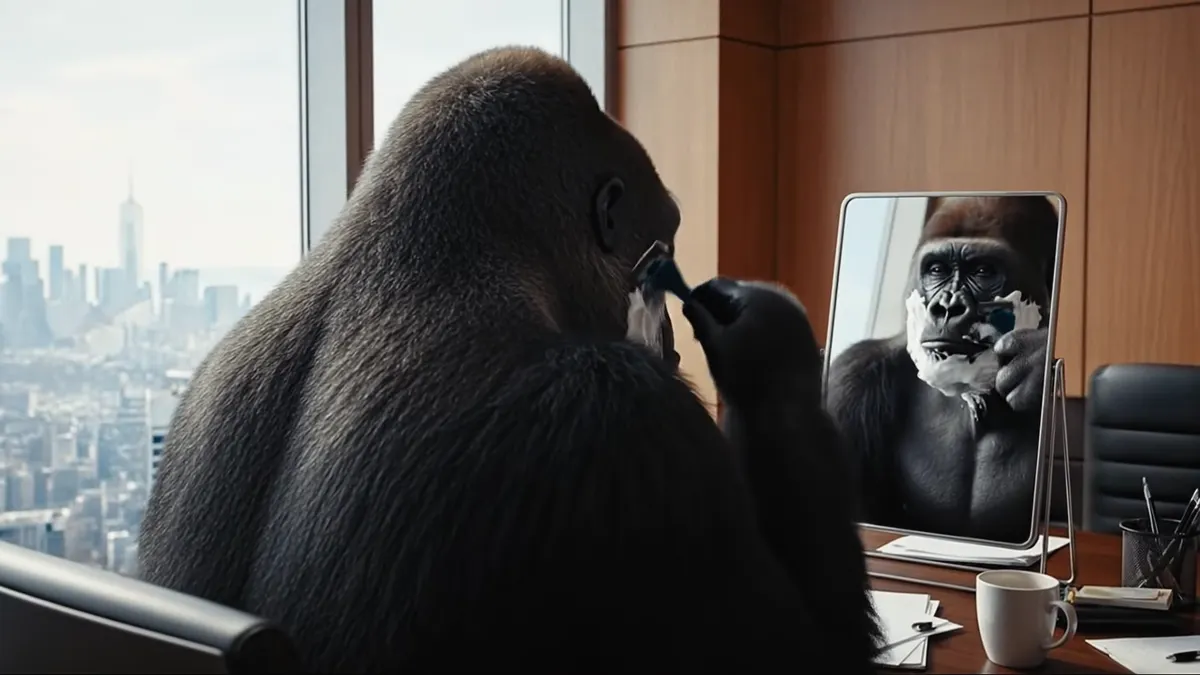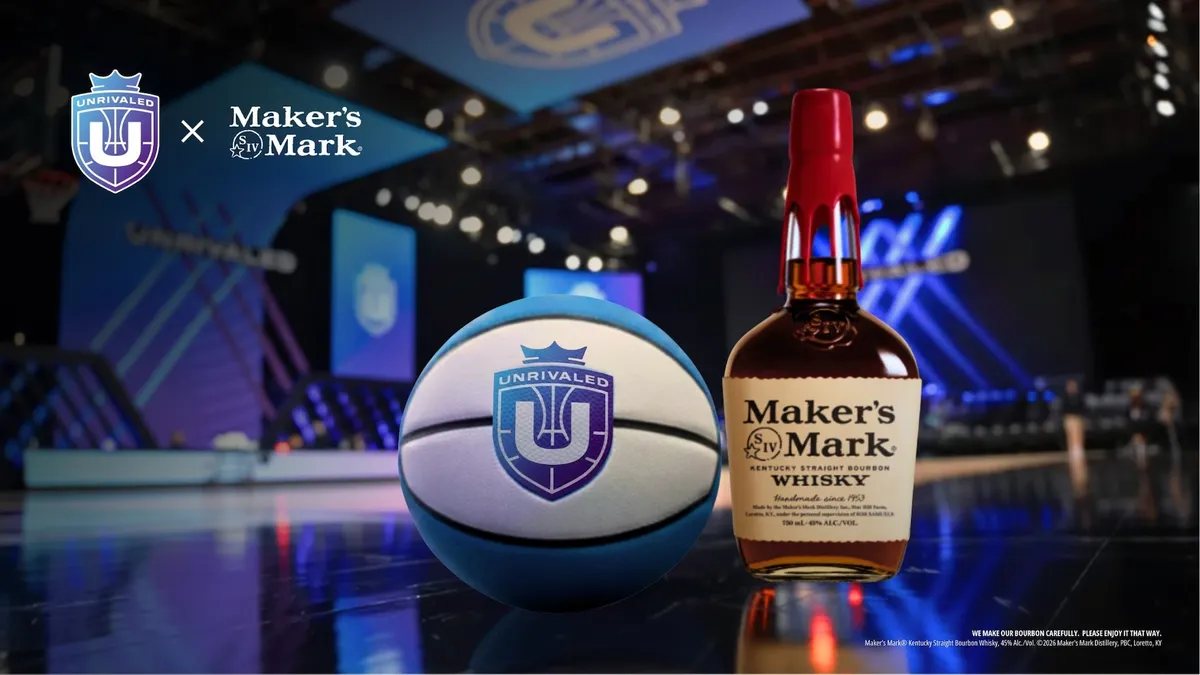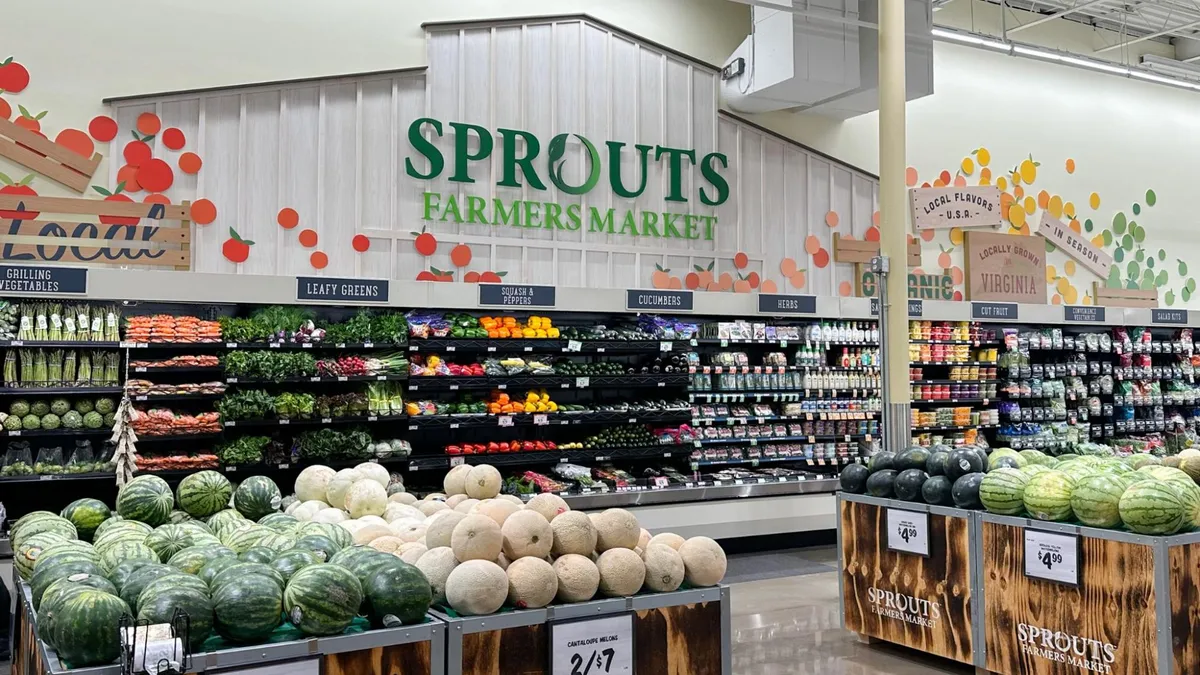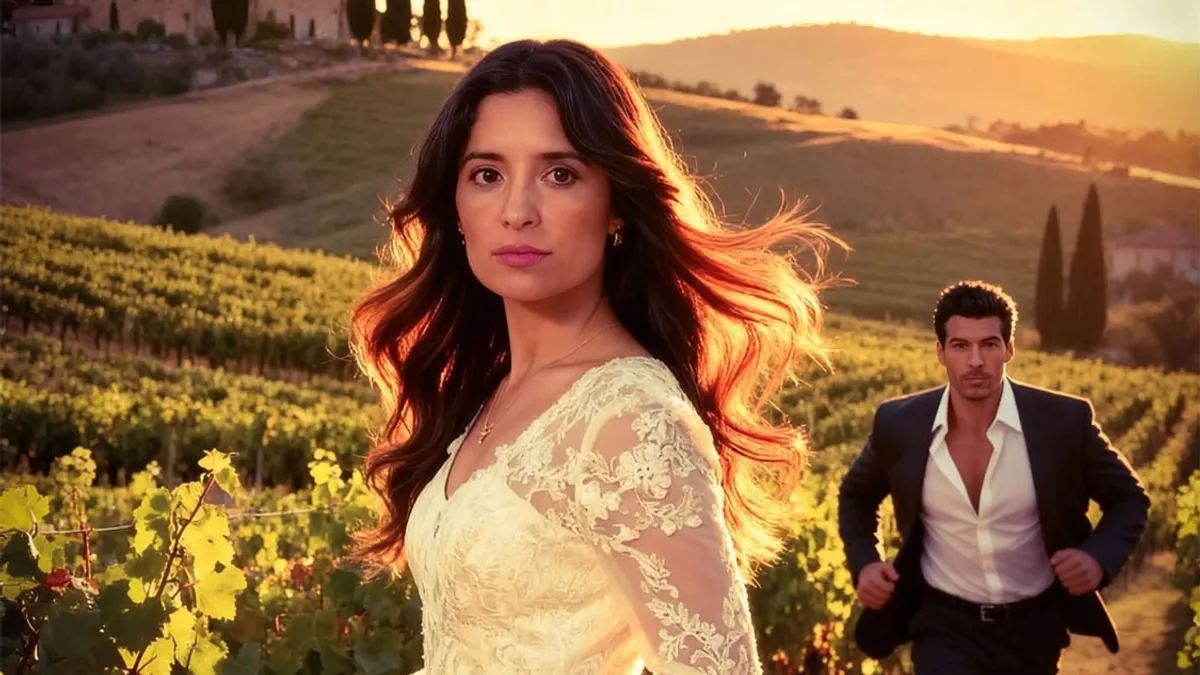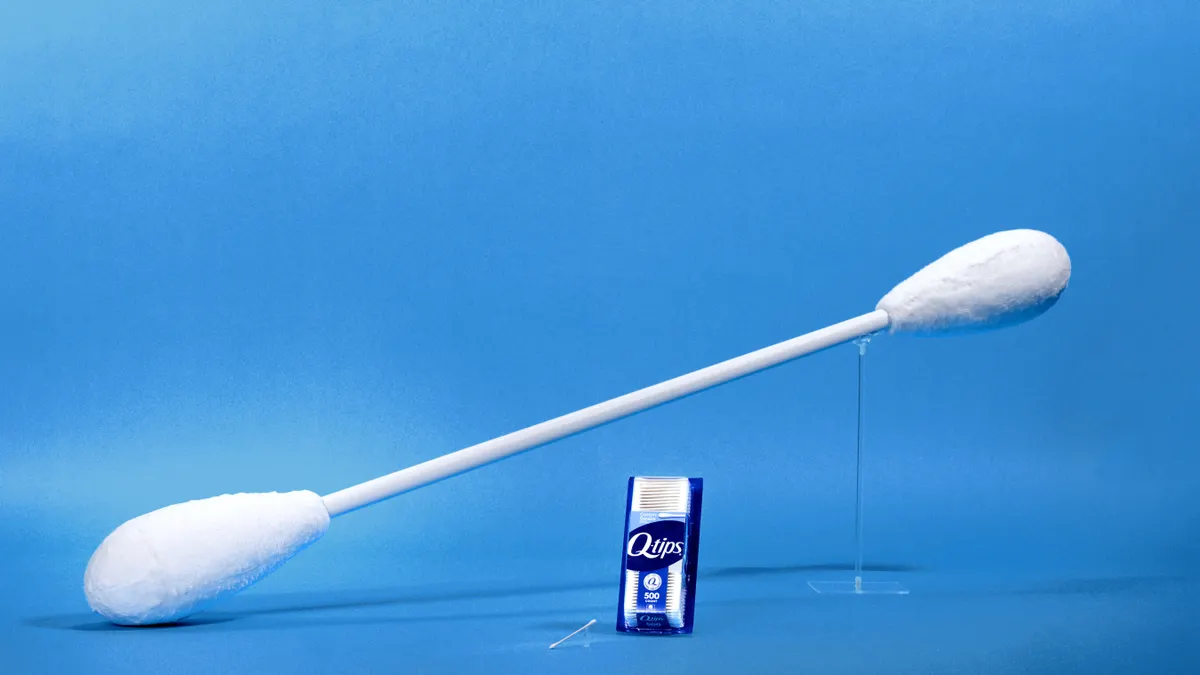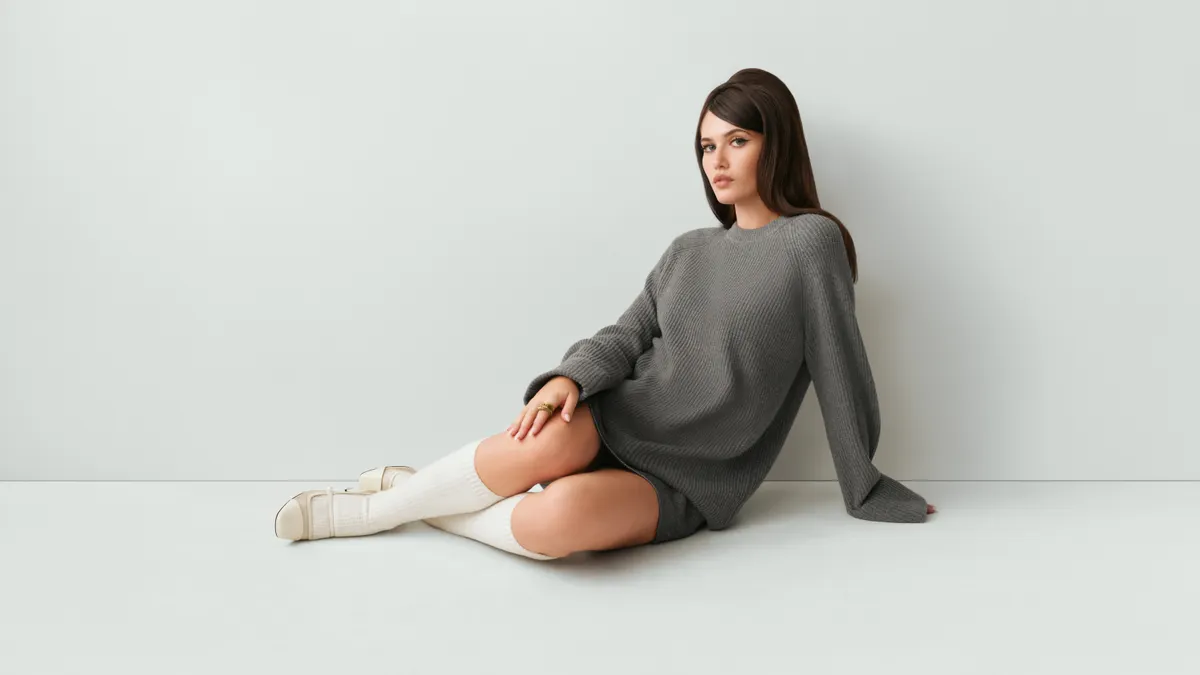“Moving at the speed of culture” has remained a refrain for marketers hoping to engage consumers in the places, on the platforms and with the publishers with which they spend their time. Content marketing continues to be a tactic that allows brands to meet this imperative in a way that doesn’t turn off younger, ad-averse audiences.
This year has seen companies as diverse as Coca-Cola’s BodyArmor, dating app Hinge and U.S. Bank create and sponsor content that brings their brands to life in digital and physical formats. Sephora joined the list in March by partnering with Latin culture publisher Remezcla on the launch of a new editorial vertical focused on beauty.
As part of the partnership, which runs through the end of the year, Sephora is sponsoring a range of editorial features and social content on Remezcla, which has carved out a space for beauty alongside its preexisting culture, music, sports, film and food verticals. The deal gives Remezcla the support of a major retailer at a fraught time for journalism and allows Sephora to strengthen its ties to consumers.
“Collaborating on beauty content allows Sephora to authentically connect with beauty lovers, while also leveraging Remezcla’s authority and trust amongst [the] Latinx community, with the aim to drive long-term engagement,” said Megan Black, vice president for digital marketing and media at Sephora, in emailed comments.
The vertical launch and partnership is an example of an organic development that allows Remezcla to “turn up the volume” on beauty coverage that it was already publishing. That authenticity in sponsored content is key for multicultural audiences that can “smell” when they’re being sold something, explained Editor-in-Chief Thatiana Diaz.
“We want to keep that trust. For over 15 years, it’s always been about listening to our community,” Diaz said. “For us, it’s really about working with partners that want to amplify our content, not take control of our content. That’s been a big part of our partnership with Sephora.”
DEI that doesn’t die
For Remezcla, beauty is part and parcel of the Latin culture that it spotlights. Nearly two-thirds (64%) of its audience shops for beauty products that span hair, nails, makeup and self-care and wellness rituals. Beauty also crops up in cultural spaces like music: Colombian singer Karol G changes her hair every time she launches an album and fans of Bad Bunny are able to predict the genre of his album’s based on his haircut in preview videos, Diaz explained.
“It was pretty exciting to have a large retailer like Sephora back us,” Diaz said. “They saw what we saw: A missed opportunity in terms of storytelling for beauty. For us, it’s more than just product launches and trends. We’re covering beauty from a storytelling aspect for our communities.”
Sephora has made in-roads with the Latin community through deals with Latina-owned brands like Ceremonia and Beauty Blender and through a documentary series on Peacock about Latine beauty entrepreneurs. The Remezcla partnership, which includes supplementary, beauty-focused stories tied to Remezcla’s Major Mujeres music list and a monthly beauty favorites feature, deepens this relationship beyond product and into purpose.
“Creating a sense of belonging has long been a Sephora value. We believe beauty thrives in discovery, diversity and celebrating the unique aspects of each of us,” Black said. “With the launch of Remezcla’s Beauty Vertical, we were excited about the opportunity to collaborate with the outlet and strengthen our partnership by highlighting the widespread, rich self-expression found throughout the Latinx community.”
“DE&I is central to Sephora’s mission of creating the world’s most inclusive beauty community."

Megan Black
Vice president for digital marketing and media, Sephora
Sephora’s dedication to Latina representation on its shelves and in its media storytelling demonstrated to Remezcla that the retailer was serious about the multicultural community it serves.
“For Remezcla, it’s really important that we we take into account the way that these brands are supporting our communities,” Diaz said. “They can easily just add products to shelves and make money off of it, but they’re also clearly invested in the storytelling aspect [as well].”
A commitment to multicultural marketing comes amid a wider retreat from diversity, equity and inclusion (DEI) initiatives that intensified in 2020 but have been targeted by conservative activists. While Lowe’s recently joined a list of marketers, including Best Buy and Jack Daniel’s, that have pulled back on DEI, Sephora is standing firm.
“DE&I is central to Sephora’s mission of creating the world’s most inclusive beauty community,” Black said. “By investing in BIPOC owned and operated publishers and partners, we aim to improve and further our reach by creating genuine connections with diverse audiences through supporting the growth of diverse-owned businesses, such as Remezcla.”


